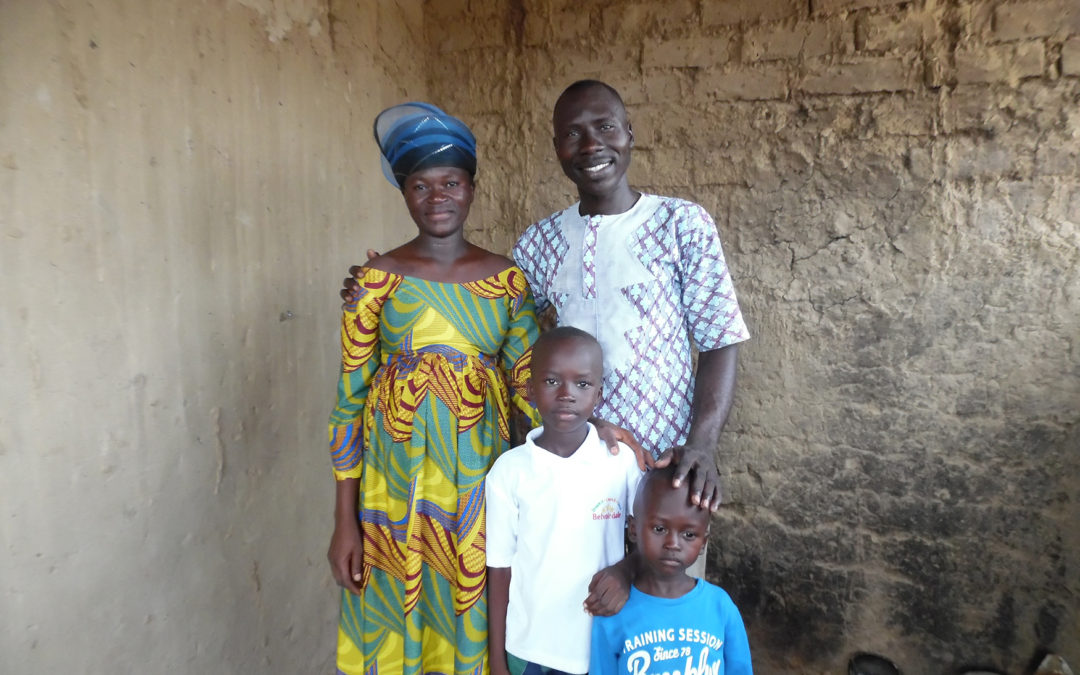Can you build a school for us?” “Uh, no.” That’s pretty much how that phone conversation went. My family and I had left our village for the rainy season, and the village chief called me to ask me to build a school when I come back.
It wasn’t the first time he had asked, either. Clearly, he had invited us to settle in their town hoping that I would develop the place for them, help them enter modernity.
Our calling, however, is to share the gospel. And I’m quite open about the fact. “I’m here to teach you God’s Word in your own language,” I say to anyone who asks. It is a novelty. They think Christianity is a French religion, because that is what they know from colonialism. All of their religious activity is conducted in Arabic. So, God’s Word in their own language? Never heard of it. And when I tell them a Bible story in their own language, they’re riveted. We’re translating Scripture, we’re building relationships and sharing God’s good news. That’s why I came. No, I’m not building a school.
Except that now, a year later, we are starting a school. It’s not the kind of school the locals were hoping for. They already have a public school that meets in thatched-pole classrooms that they rebuild every year. But they want a big, beautiful new school. Never mind that their kids don’t show up for school until mid-December. Never mind that parents don’t actually make their kids go to school if they don’t want to. Never mind that teachers strike most years for some period of time because the government isn’t paying their salaries. Never mind all that; they want a new private school to make the town look good. So no, I’m not going to build that kind of school.
It’s a common phenomenon in missions: the local people want development and access to the modern world; missionaries want to teach God’s Word. Those priorities coincide in education. We were already starting to teach the neighbor kids. They would march off to their first-grade class full of optimism at 7:00 a.m. …and come back an hour later to say that the teacher was away traveling. They weren’t learning all that much this way, so I started to teach them. A short lesson in the alphabet, a Bible story, and a praise song in their own language. And I realized: this is why we came.
So we’re starting a school, managed and taught by our Chadian partners in ministry, and focused on a holistic education. In addition to the core French curriculum, we will include classes in agriculture, and the “Story of the Prophets”—beginning in Genesis. We will also begin in a thatch classroom, because, as I told the village chief, “A good school needs only two things: a good teacher and the engagement of the parents.”
But we also need you. Please keep the school project in front of your prayer group, Bible study group, and church.
Nathanael S. serves with his wife Carrie on behalf of Lutheran Brethren International Mission and the Church of the Lutheran Brethren as missionaries in Chad, Africa.

